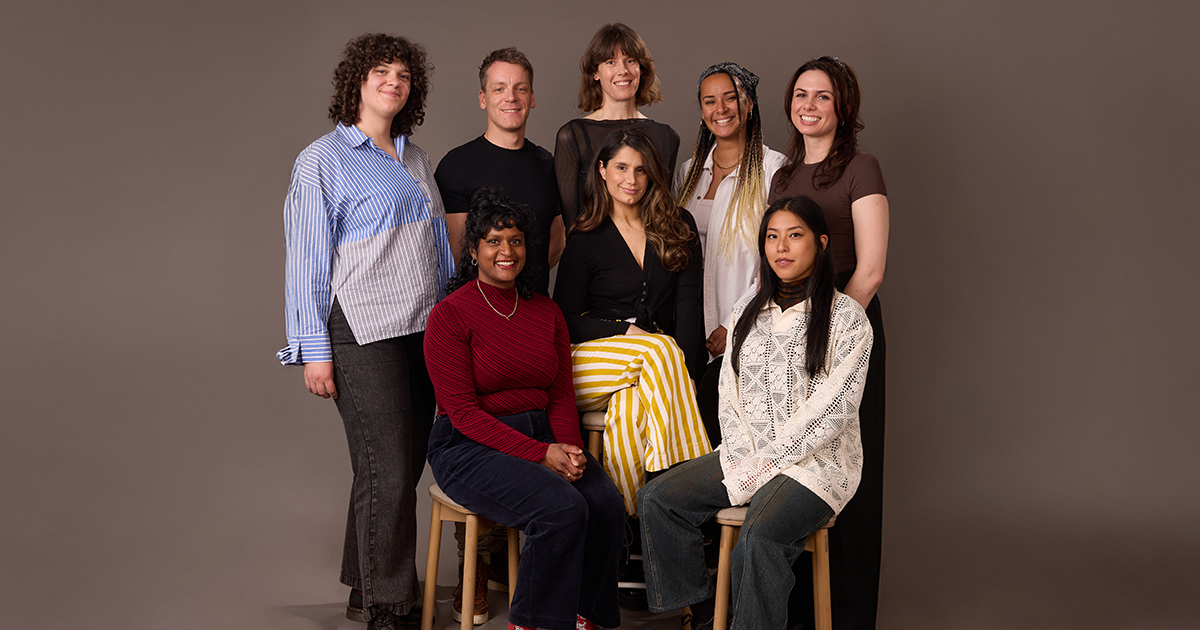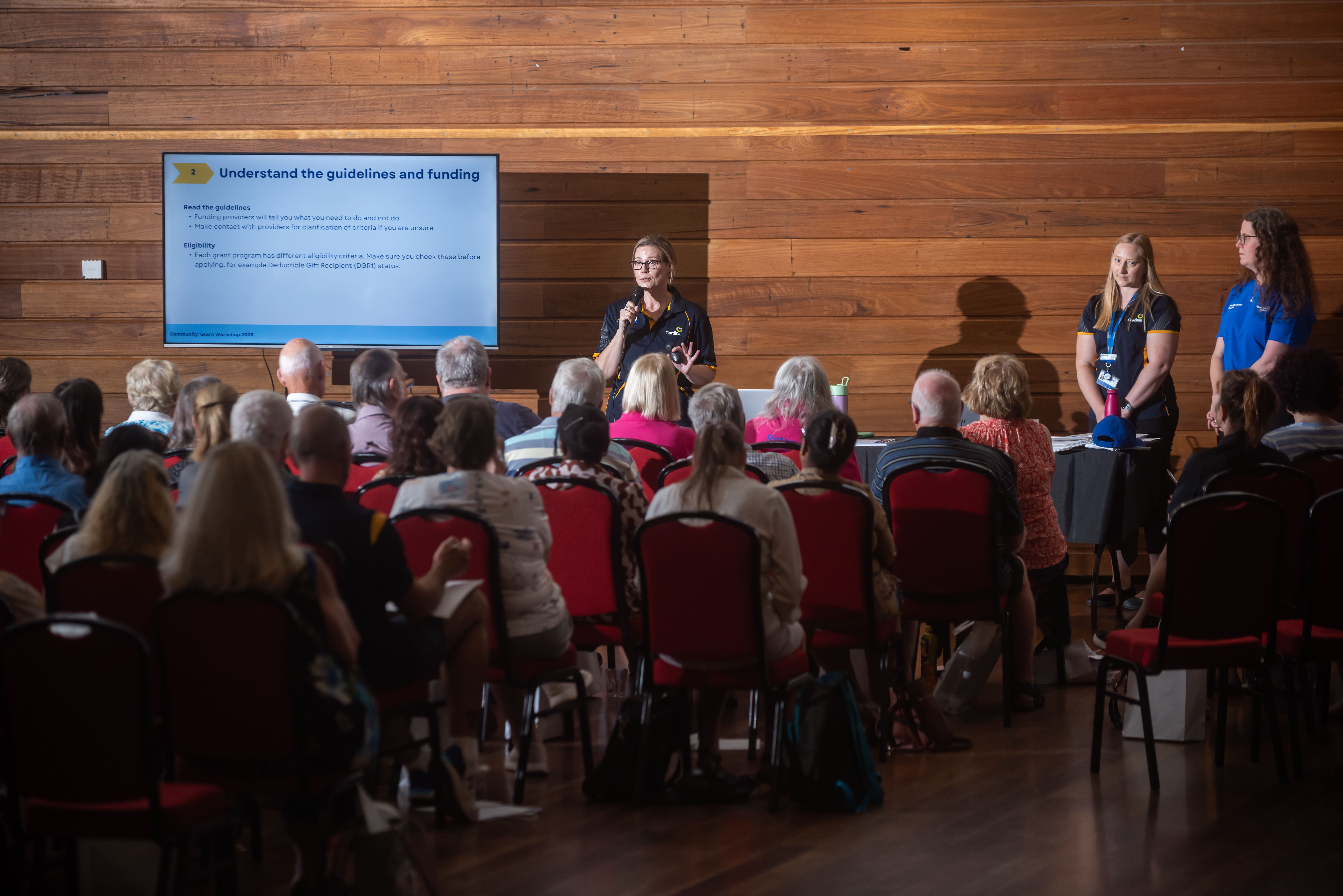Concerns Raised over Discrimination against Women, Minorities
Acknowledging the Syrian caretaker authorities pledges to achieve an inclusive Syrian-owned and -led political transition in line with the key principles of Council resolution 2254 (2015), the United Nations senior mediator in the country warned the Security Council today that further conflict could have a drastic impact on the fight against Da’esh and international peace and security.
The current transition in Syria is unfolding amid territorial division in the north-east and a complex security environment in the rest of the country, said Geir O. Pedersen, Special Envoy of the Secretary-General for Syria.
“The leadership of the caretaker authorities have repeatedly committed publicly and to me that the new Syria will be for all Syrians and built on inclusive and credible foundations,” he said.
On 29 January, a broad range of military factions assembled in Damascus and issued a declaration dissolving the 2012 Constitution, exceptional laws, the former Parliament, the former army, former regime-allied militias and the Ba’ath Party, he said. Ahmad al-Sharaa – declared “interim President and head of State for a transitional period” – pledged to “work to form a comprehensive transitional Government that expresses the diversity of Syria” towards “free and fair elections”.
The Special Envoy said that, while in Syria, he was “deeply struck” by the shared conviction among Syrians that the success of the country’s political transition is essential, and that “it cannot afford to fail”.
However, many are concerned that there has been no rule of law, no constitutional or legal framework for appointments and policy decisions and no systematic communication or transparency. Some expressed concerns that the caretaker authorities – staffed mostly with affiliates of the Idlib Salvation Government – are taking decisions that go “beyond a caretaker mode”, including in terms of restructuring State institutions, with potential impact on specific communities.
Additionally, many Syrians expressed concern at reports of discriminatory practices targeting women, and of increasing social pressure towards certain norms, he said, stressing that Syrian women want “more than protection”; they want meaningful participation in decision-making and transitional institutions.
He further observed that the situation in north-east Syria complicates the political transition, pointing to daily front-line hostilities impacting civilians and civilian infrastructure. Many Syrians expressed fears about security fragmentation and that external actors could exploit it – particularly “if the transition goes awry”. And many expressed parallel concerns that ongoing efforts for public sector restructuring may push hundreds of thousands into need – including former security elements – potentially jeopardizing future stability. Equally concerning is the inclusion of foreign fighters in the senior ranks of the new armed forces, as well as individuals associated with violations.
Relatedly, he spotlighted concerning reports of incidents still taking place against the backdrop of the authorities’ security operations, including men killed in the exchange of fire and reported serious ill-treatment in detention. In addition, residents are reportedly facing incidents of kidnapping, looting, expropriation of property and forced evictions of families from public housing.
Against this backdrop, he called on the caretaker authorities to ensure all armed actors cease these actions, amplify their assurances into concrete procedures and work on a comprehensive transitional justice framework. He also underscored that Israel must withdraw from Syria, noting the UN’s engagement with that country and the caretaker authorities to that end. Further, he urged sanctioning States to ease sanctions in the critical sectors of energy, investments and finance – including the Central Bank.
Syria ‘at Top of Priority List’ for UN, Humanitarian Aid Partners
Joyce Msuya, Assistant Secretary-General for Humanitarian Affairs and Deputy Emergency Relief Coordinator, highlighted the impact of continued hostilities, especially in the north of Syria, on the country’s immense humanitarian crisis. Fighting in and around Mennbij in eastern Aleppo has displaced over 25,000 people, while hostilities have continued in Ar-Raqqa and Al-Hasakeh Governorates, affecting civilian infrastructure. “Since late November [2024], the United Nations and humanitarian partners have provided more than 3.3 million people with bread assistance, as well as other food aid,” she said, highlighting the work of mobile health and nutrition teams. The cross-border operation from Turkiye remains essential, she noted, adding that, in January, 94 trucks carrying essential supplies crossed through the Bab al-Hawa and Bab al-Salam crossings.
“Syria remains at the top of our priority list,” she said, adding that senior representatives of humanitarian agencies have visited the country to engage with partners and caretaker authorities. Outlining efforts to move towards a streamlined coordination architecture, which should be in place by June, she said it will be led by the UN Humanitarian Coordinator in Damascus. Turning to engagement with the caretaker authorities, she highlighted their assurances “to facilitate access, ease bureaucratic procedures and engage in practical dialogue with the humanitarian community”. Last week, cash-withdrawal limits for aid organizations were lifted, and transactions were authorized in Syrian pounds or United States dollars.
“Now is the time to invest in Syria’s future,” she emphasized, adding that many of the 6 million Syrian refugees in neighbouring countries are “weighing the momentous decision of whether to return”. Alongside life-saving support, it is essential to restore critical health water and other services, she added, expressing concern about funding shortfalls and calling for “generous financial pledges”. “The UN and partners are appealing for $1.2 billion to reach 6.7 million people through March of this year,” she said. Further clarity is needed on the implications of the freeze on US-funded activities and associated humanitarian waivers, she said, noting that, in 2024, funding from that country accounted for more than a quarter of support for the humanitarian response plan in Syria. She underscored that delays or suspension of funding will affect whether vulnerable people can access essential services.
…








